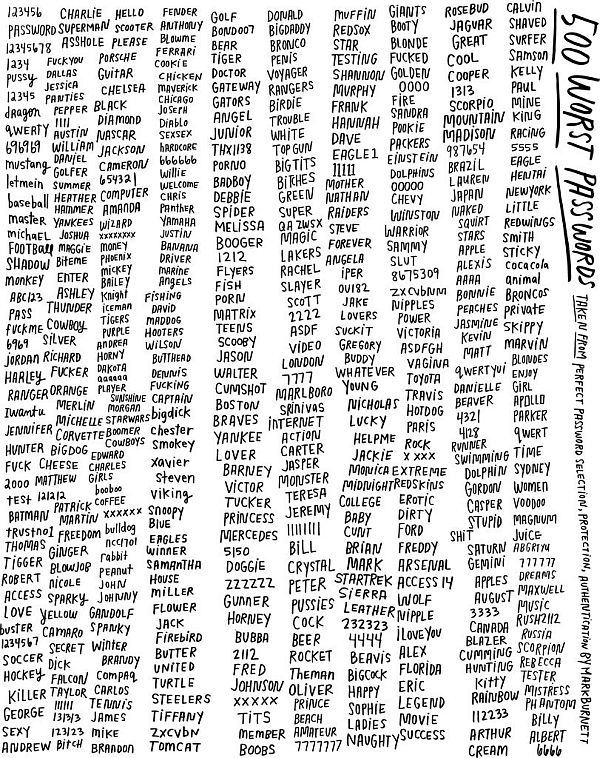When it comes to portraying hacking, many different types of media outlets use many different methods; the newer, younger generation driven media outlets occasionally have a good grasp on the processes involved, whereas occasionally the traditional, old fashioned media outlets sometimes don’t know where to begin. Often, instead of fully explaining (perhaps even fully understanding) the occasionally complex, occasionally simple processes involved when people hack, they choose to simply staple the word “hacking” onto anything that features technology and information manipulation, using it to explain away a number of offences, from news reporters “hacking” into voicemail messages [http://www.guardian.co.uk/media/2011/feb/10/phone-hacking-john-prescott-named], to cyberthiefs “hacking” into websites [http://www.guardian.co.uk/money/2011/jan/21/lush-website-hack-customers-fraud] (arguably, this attack on Lush is a better example of “cracking” then it is of hacking) Because of this umbrella usage of a term not many people fully understand, the act of hacking gains this mysterious allure, becoming a common feature of everyday cyberlife that most people have no understanding of.
Of course the media writers that do have a basic understanding can’t go into depth when it comes to hacking, the last thing they want is to unintentionally educate a league of new cybercriminals. It would perhaps be prudent if they explained it a little better, however. Instead of leaving the readers to imagine a technological wizard tapping away strings of green binary code on a black screen, they could point out that on a basic, yet still profitable level, a lot of hacking is still just a mix of trial and error and dumb luck. For example, a lot of the celebrities affected by the News of the World’s hacking affair [http://www.bbc.co.uk/news/uk-11195407] weren’t caught out by some amazing feat of binary manipulation, but more the simple process of calling their voicemail numbers and typing in the basic password numbers, ie, 1111 or 1234, in the hope that the owner had neglected to change them. Similarity, a lot of e-mail hacks, or computer access hacks are carried out by attaining an e-mail address, then either guessing the password (or using a programme that runs through common English words and phrases), or answering a security question (after all, thanks to the wonders of Google, learning your mothers maiden name or the town she was born in isn’t all that hard).
The realities of hacking aren’t all that glamorous, after all, all hackers have to start from something, and as much as the media would like us to believe that hacking is the big bad wolf, often the realities are a lot less glamorous. But people do just love making mountains out of molehills, after all.
